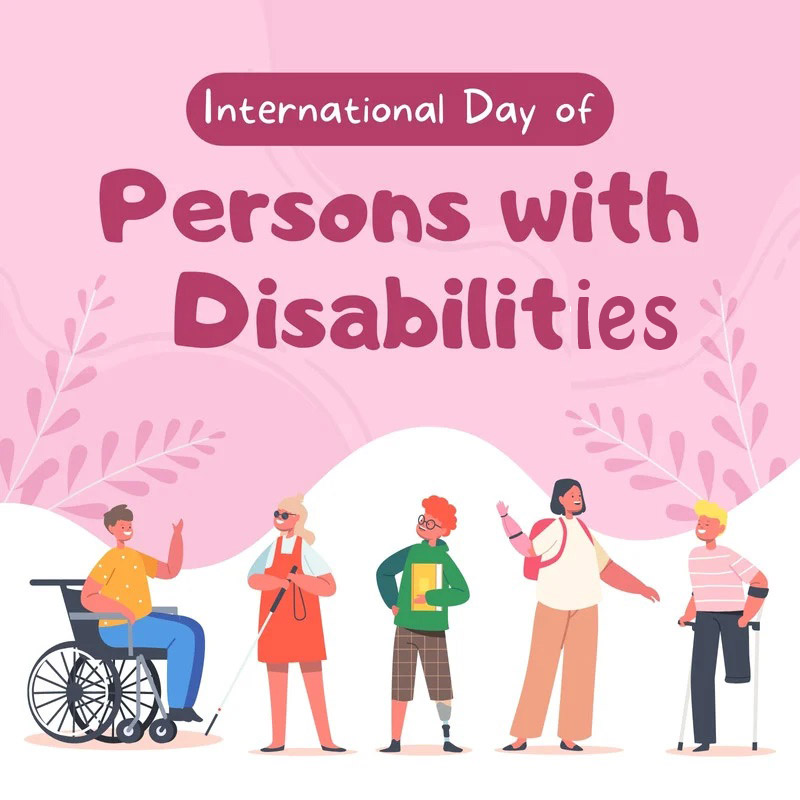


As the International Day for Persons with Disabilities (IDPD) approaches, events, celebrations, speeches, and cultural programs are being planned. NGOs, Organizations of Persons with Disabilities (OPDs), and government bodies - everyone seems to be gearing up to "do their bit,” but I can’t help but wonder: Why is the focus only on IDPD? Why not make inclusion a priority every day, in all the actions we take and the spaces we create?
It’s a question that nudges one to reflect on how inclusion is perceived and practiced. Does true inclusion mean dedicating a single day to raising voices, making pledges, and organizing events? Or should it extend far beyond that—seeping into the fabric of our everyday lives, influencing the choices we make and the decisions we act on?
The Everyday Acts That Exclude
Inclusion—or the lack of it—is often unintentional. Think about the spaces we frequent: workplaces, favourite cafés, schools, banks, bazaars, or even the neighbourhood parks. Have we ever stopped to wonder whether someone with a disability could navigate and enjoy these spaces with the same ease as we do?
What about the conversations we have or the decisions we make at work, at home, or in our communities? Do we consciously consider the needs and voices of persons with disabilities? If we’re honest, the answer might often be, ‘We didn’t think about it.’
And that’s precisely the point. Most acts of exclusion aren’t deliberate; they happen by default—because society is built for the majority, and inclusion isn’t instinctive for most of us.
A Champion of Inclusion: All of Us
But what if we flipped the script? What if inclusion became second nature? Not something we plan for once a year but something we practice every day?
We don’t need big platforms or formal events to champion inclusion. Small, everyday actions matter:
• In Our Words: Let’s use respectful and inclusive language. Replace outdated terms with people-first language, like “person with a disability” instead of “handicapped,” “differently-abled” or “specially-abled.”
• In Our Spaces: We can advocate for physical accessibility wherever possible. A ramp at a store, tactile indicators at workplaces, or a captioned video online can make a huge difference.
• In Our Mindset: Let’s challenge stereotypes. Instead of assuming what someone with a disability can or can’t do, we can ask, listen, and learn.
Each of us holds the power to create small ripples of change. And collectively, these ripples can transform into waves that reshape society.
Why Wait? Let’s Get Going Today!
The International Day for Persons with Disabilities serves as an important reminder—but let’s not confine inclusion to a single day of speeches and symbolic gestures. Let it be part of every decision we make, every interaction we have, and every community we build.
Because inclusion isn’t an event. It's a mindset. A commitment. And ultimately, a way of life.
So, as we prepare to mark IDPD this year, let’s do more than celebrate the day. Let’s pledge to live its message every day.
Let’s make inclusion the default—not the exception.
Are we ready to start?